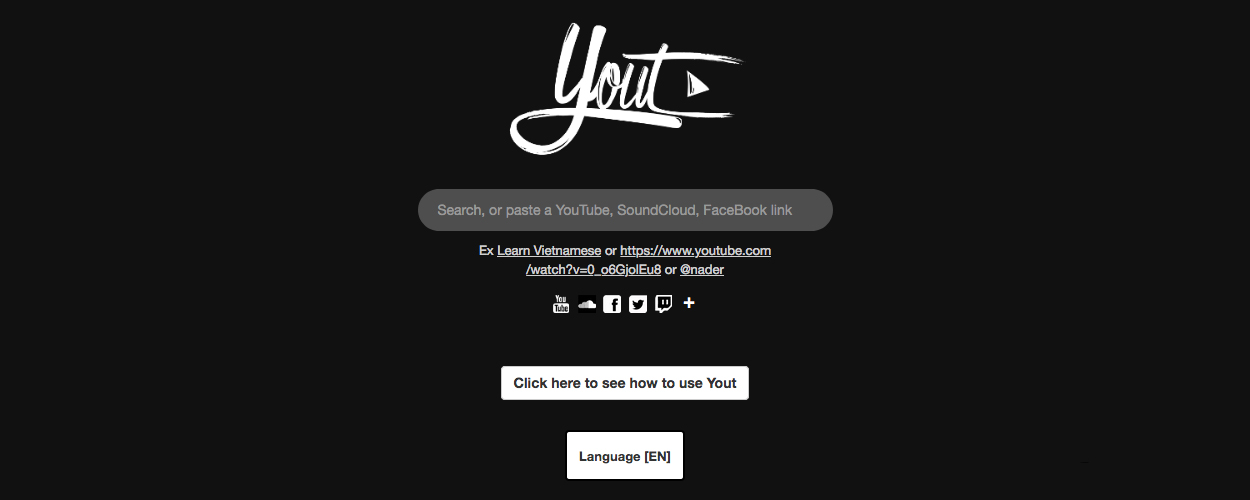This website uses cookies so that we can provide you with the best user experience possible. Cookie information is stored in your browser and performs functions such as recognising you when you return to our website and helping our team to understand which sections of the website you find most interesting and useful.
Business News Digital Labels & Publishers Legal
RIAA says latest legal filing by stream-ripper Yout “fails to fix a fundamental deficiency in its pleading”
By Chris Cooke | Published on Tuesday 26 October 2021

The Recording Industry Association Of America last week filed its response to stream-ripping set-up Yout’s latest bid to have the US courts rule that its service is entirely legit, and that it doesn’t circumvent any content protection measures put in place by YouTube.
Yout sued the RIAA last year after the record industry trade group sought to have the stream-ripping service de-listed from the Google search engine. The RIAA made that request of Google on the basis that Yout contravenes the US Digital Millennium Copyright Act by circumventing “YouTube’s rolling cipher, a technical protection measure, that protects [the labels’] works on YouTube from unauthorised copying [and] downloading”.
Such circumvention, the record industry trade group claimed, clearly breached a provision in the DMCA that “prohibits circumventing a technological protection measure put in place by a copyright owner to control access to a copyrighted work”. However, Yout denied that it does any such thing.
Following the subsequent back and forth between Yout and the RIAA, the dispute started to get a little too complicated. So, in August, the judge overseeing the case dismissed Yout’s lawsuit without prejudice, allowing the stream-ripper to resubmit a revised and condensed legal claim. Which it did last month.
In that legal filing, Yout provided a twelve step guide for how people can actually grab a permanent download of a YouTube stream through their web browser, if they just know what buttons to press and what code to copy. Yout’s stream-ripping system – it then argued – simply automates that manual process. No sneaky circumvention of any rolling ciphers is involved. Therefore, it added, the court should confirm its service is DMCA complacent.
However, in its latest response last week, the RIAA said that Yout’s revised lawsuit “failed to fix a fundamental deficiency in its pleading: the lack of any detailed description of how the Yout service operates”.
That is required, the RIAA reckons, to prove Yout’s key claim that its system doesn’t circumvent any YouTube technical protection measures. And merely including some screenshots of Yout’s website, and an outline of the “complicated process by which someone not using plaintiff’s service can supposedly download a music video from YouTube”, does not meet that requirement.
“Plaintiff has conspicuously avoided alleging facts that explain how Yout actually works”, the RIAA says. “Instead, plaintiff has merely alleged that ‘Yout’s software platform enables a person to complete the [manual stream-ripping process], but in fewer steps’. This vague reference to unexplained ‘steps’ is the antithesis of the non-conclusory, factual allegations the law requires”.
The RIAA wants this second lawsuit to be dismissed, but this time with prejudice, preventing further action on Yout’s part. It remains to be seen how the judge now responds.





